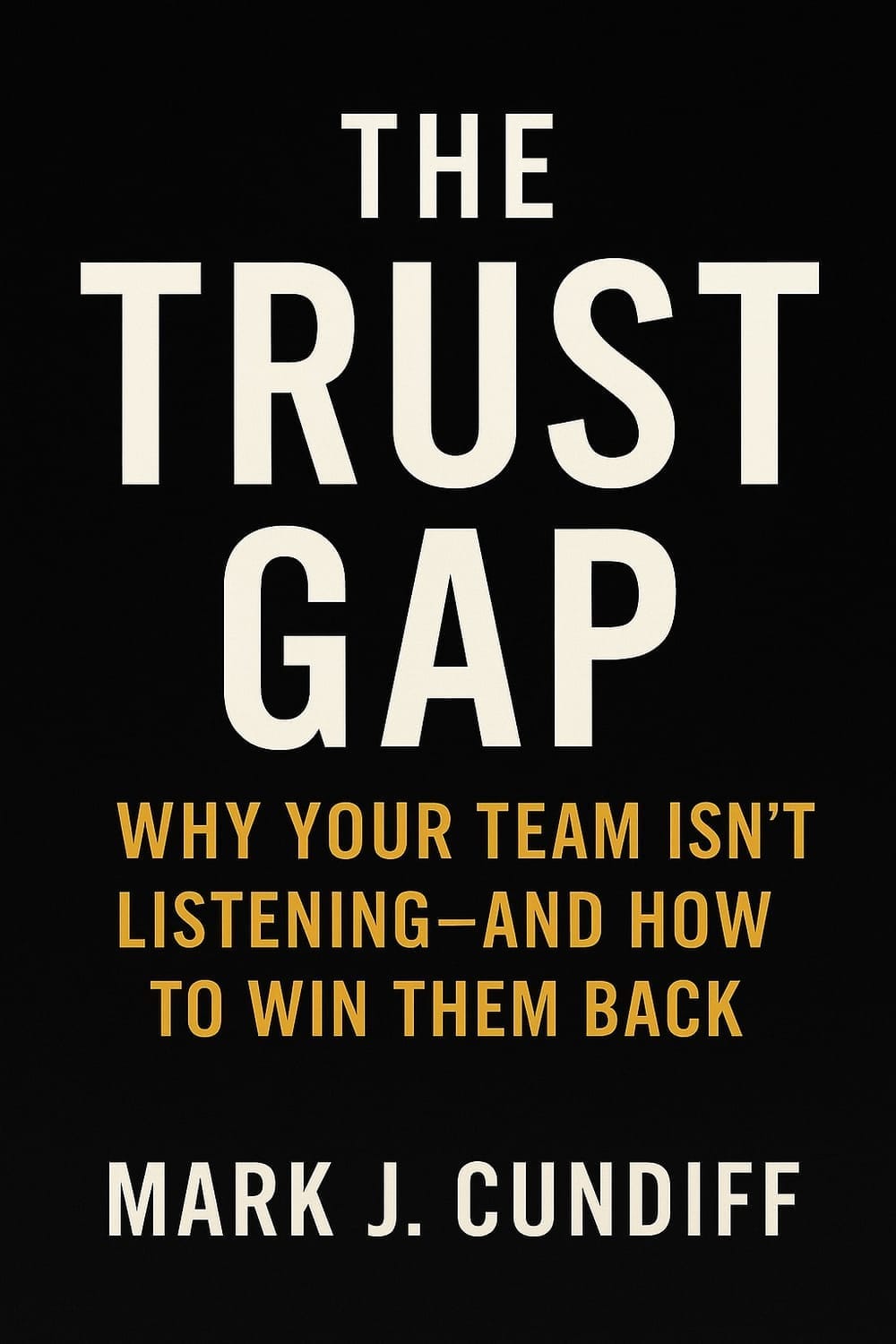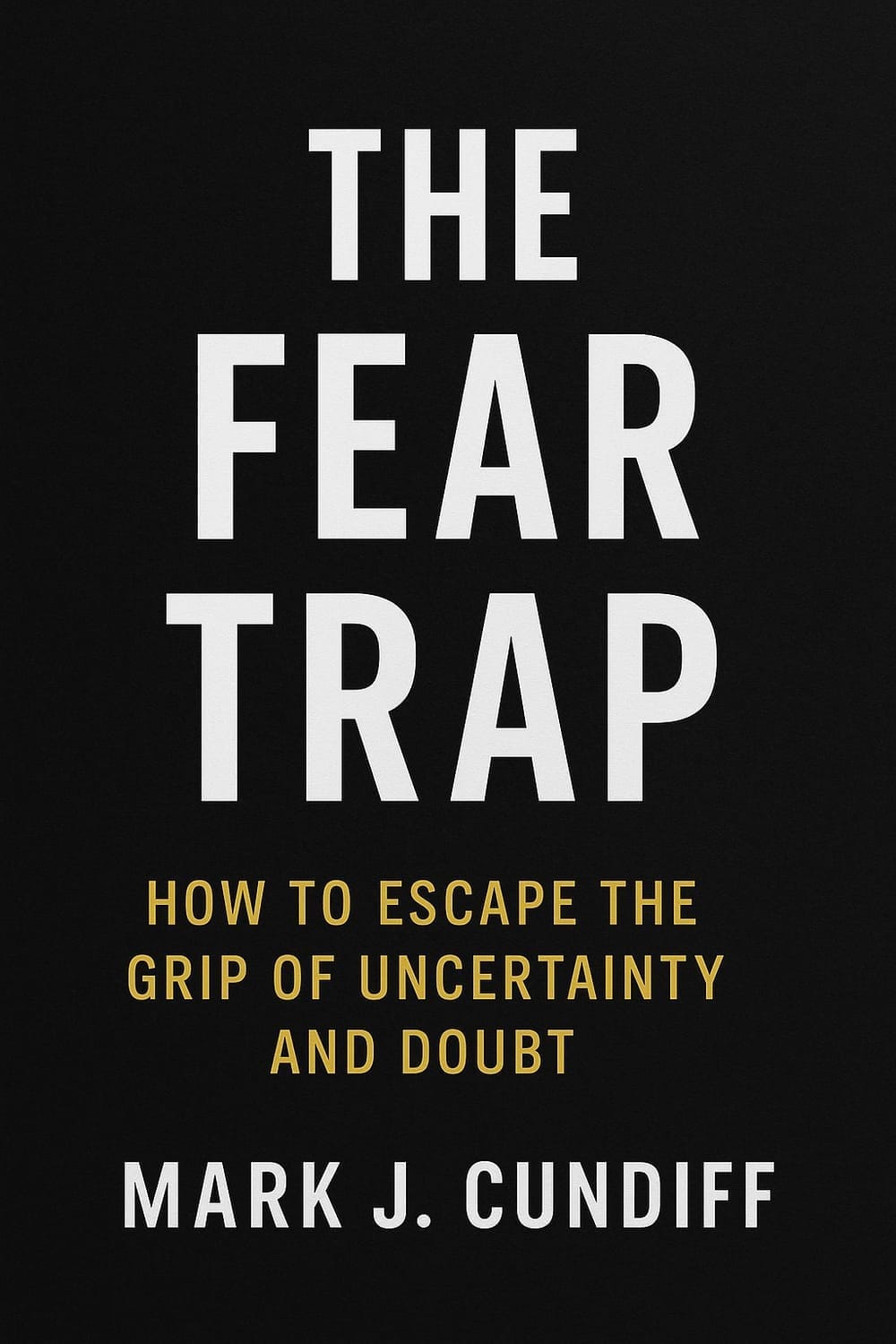What Will Your Team Say About You? Lessons in Leading Across Differences - Stephanie Chung - Global Leadership Summit 2025
One day, your team will tell a story of what it felt like to be led by you. What will they say?
That question prompted me to reflect on my own story as I reviewed Stephanie Chung's session at the Global Leadership Summit.
As leaders, we often focus on quarterly results, strategic initiatives, and operational excellence. But Chung—the first African American president of a major private aviation company and a leader who generated $1B in annual revenue—reminded us of a deeper truth: Your legacy isn't what you accomplished. It's how people felt when they worked for you.
When Your Team Doesn't Want You
Picture this: You walk into a room, and the conversation stops. Your team members avoid eye contact. They don't include you in informal discussions. They're polite but distant.
Sound familiar?
Chung faced this reality early in her career. Leading teams that didn't initially welcome her taught her a fundamental lesson: You don't demand respect—you earn it.
But how do you earn your place when the deck feels stacked against you? Chung developed a framework that transformed not just her leadership approach, but her entire trajectory:
The EARN Framework: Your Roadmap to Inclusive Leadership
E – Establish an Atmosphere
Create an environment where your team can produce their best work. This isn't about being liked—it's about being trusted. When people feel psychologically safe, they contribute more fully. Ask yourself:
What kind of atmosphere am I creating?
Does my team feel they can bring their authentic selves to work?
A – Align Your Team
Connect everyone to a vision bigger than themselves. People don't just want to complete tasks; they want to be part of something meaningful. Share the "why" behind your decisions. Help them see how their individual contributions create collective impact.
R – Really Recognize and Direct
Recognition isn't just about annual reviews or employee-of-the-month awards. It's about seeing people—their strengths, their potential, their unique perspectives.
Direct their talents toward opportunities where they can shine. When people feel seen and valued, they perform at higher levels.
N – Navigate
Your team needs clarity on their goals and the path to achieve them. Be their GPS, not their micromanager. Show them the path forward and trust them to walk it. When obstacles arise—and they will—navigate around them together.
The Business Case for Leading Across Differences
Here's what Chung wants every leader to understand: Leading diverse teams isn't charity—it's strategy.
The data is overwhelming. Diverse teams don't just look different on paper; they outperform homogeneous teams in measurable ways. But—and this is crucial—only when they're led well. Diversity without inclusive leadership is just a numbers game.
True inclusive leadership unlocks the potential that diversity creates.
Think about your own team.
Are you leading people who think differently from you?
Who comes from different backgrounds?
Who brings different perspectives to the table?
If so, you're sitting on a competitive advantage—but only if you know how to access it.
Creating Belonging, Not Just Inclusion
There's a difference between inclusion and belonging. Inclusion says, "You can sit at the table." Belonging says, "Your voice matters at this table."
Chung's approach to ally leadership centers on three simple but powerful actions:
ASK – What do you need from me as your leader?
Listen – Really listen, without defending or explaining
Take Action – Follow through on what you've learned
When you consistently ASK, Listen, and Take Action, you create something powerful: a space where everyone feels they belong, not because of charity or good intentions, but because their contributions are genuinely valued and their perspectives genuinely sought.
The Legacy Question
Let me bring this back to where we started: One day, your team will tell a story of what it felt like to be led by you. What will they say?
Will they say you saw their potential when others didn't?
Will they say you created an environment where they could do their best work?
Will they say you helped them grow beyond what they thought possible?
Or will they have a different story to tell?
Your leadership legacy isn't written in performance reviews or profit margins. It's written in the lives you touch, the potential you unlock, and the belonging you create.
Your Next Step
Here's my challenge for you this week: Have one conversation with a team member who is different from you. Ask them what they need to feel more successful in their role. Then listen—really listen—without trying to fix, explain, or defend. Just listen.
That conversation might feel uncomfortable at first. Do it anyway because leading across differences isn't just about being a better person—though it will make you one. It's about being a better leader, building a stronger team, and creating better results.
Your team is watching. Your legacy is being written. What story do you want them to tell?
What resonates most with you from Chung's leadership insights?
How are you currently creating a sense of belonging on your team?
I'd love to hear your thoughts and experiences! Email me at mark@markjcundiff.com with your thoughts.
To learn more from Stephanie, check out her book: How To Lead People Who Aren't Like You
The Complete Global Leadership Summit Article Index
John Maxwell: The Legacy You Leave
Craig Groeschell: Leadership Consistency: The Boring Secret to Long-Term Success
Erica Dhawan: The New Leadership Advantage: Connectional Intelligence
Thasunda Brown Duckett: From Love and Faith to Leading a Trillion-Dollar Portfolio
Christine Cane: Don't Drift: Three Questions Every Leader Must Answer
Juliet Funt: The Power of Precision: Choosing Great Over Good
Join over 3,900 Fellow Leaders reading The Learning To Lead Newsletter each week!
Recent Articles

Join over 4,000 Fellow Leaders reading The Learning To Lead Newsletter each week!
©2025 Learning To Lead | Helping Good Leaders Become Great Leaders


